O zapytaniu
Brytyjskie dochodzenie w sprawie COVID-19 jest
- dowiedz się, co wydarzyło się podczas pandemii covid-19 w Wielkiej Brytanii
- ucząc się, jak przygotować się na pandemie w przyszłości
Zapytanie jest podzielone na moduły.
Każdy moduł dotyczy innego tematu. Każdy moduł ma:
- przesłuchania publiczne – wydarzenia, podczas których ludzie opowiadają o swoich doświadczeniach
- raport
Każda historia ma znaczenie
Każda historia ma znaczenie w ten sposób Inquiry zbiera informacje na temat doświadczeń ludzi związanych z pandemią.
Każdy w Wielkiej Brytanii może podzielić się z nami swoimi. Historie są wykorzystywane w Inquiry. Nie używamy nazwisk ludzi.
Historie pomagają nam dowiedzieć się, co się wydarzyło, a następnie podjąć decyzję, jak w przyszłości postąpić inaczej.
Możesz czuć się zdenerwowany, gdy czytasz i dzielisz się historiami. Oto link do informacji o otrzymywaniu wsparcia: https://covid19.public-inquiry.uk/support–podczas-angażowania-się-w-zapytanie/
Dokumentacja

Niektóre moduły wykorzystują dowody z
Każda historia ma znaczenie.

Każdy nagrywać jest podsumowaniem tego, co ludzie nam powiedzieli.

Niniejszy dokument jest wersją łatwą do odczytania Podsumowanie rejestru szczepionek i leków.
Rekordy Every Story Matters można znaleźć na naszej stronie internetowej: Każda historia ma znaczenie Dokumentacja
Szczepionki
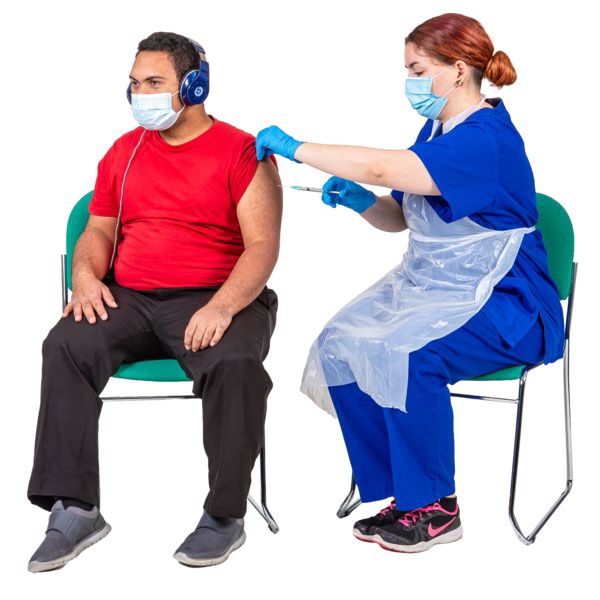
COVID-19 szczepionki podaje się je ludziom w postaci zastrzyku.
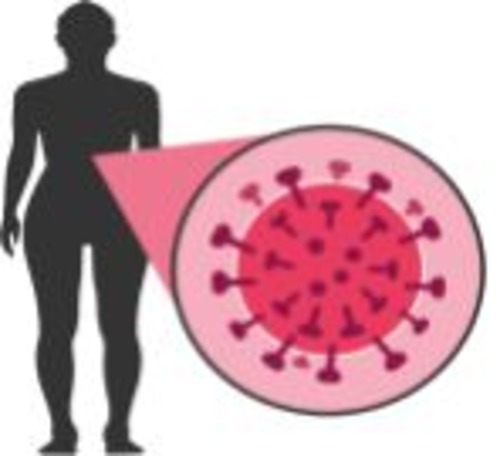
A szczepionka uczy organizm rozpoznawania i zwalczania wirusa.
Lecznictwo
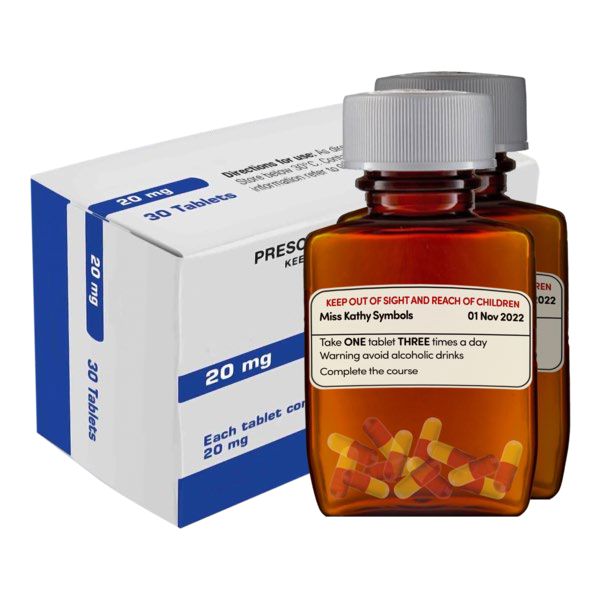
Lecznictwo pomóc ludziom szybciej wrócić do zdrowia po COVID-19.
Przykłady lecznictwo obejmują leki i przeciwciała.

Nie były one przyznawane każdemu. Tylko osoby, które prawdopodobnie bardzo źle się poczują, mogły je otrzymać. mieć je.
Szczepionki

Uzyskiwanie informacji o szczepionkach
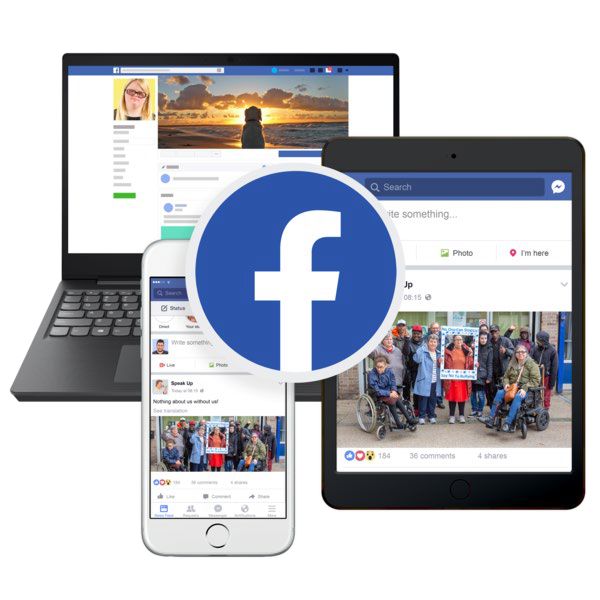
Wiele osób słyszało o szczepionkach w wiadomościach i mediach społecznościowych.

Niektórzy poczuli ulgę.
Dało im to nadzieję, że życie wkrótce wróci do normy.

Inni uważali, że szczepionki opracowano zbyt szybko.
Obawiali się, że szczepionki mogą być niebezpieczne.

Większość ludzi zrozumiała informacje o tym, kto i kiedy zostanie zaszczepiony.

Niektórych ludzi dezorientowały informacje na temat bezpieczeństwa i skuteczności szczepionek.

Trudno było uzyskać dostępną informację. Na przykład w dużym druku lub w różnych językach.

Porady dla kobiet w ciąży i młodych matek uległy zmianie. To zaniepokoiło ludzi.
Niektórzy ludzie nie ufali informacjom rządu na temat szczepionek. Szukali informacji w innych miejscach.
Niektórzy czuli się przytłoczeni nadmiarem informacji.

Wiele osób nie ufało temu, co widzieli w mediach społecznościowych. Widzieli historie o ludziach, którzy źle zareagowali na szczepionki.
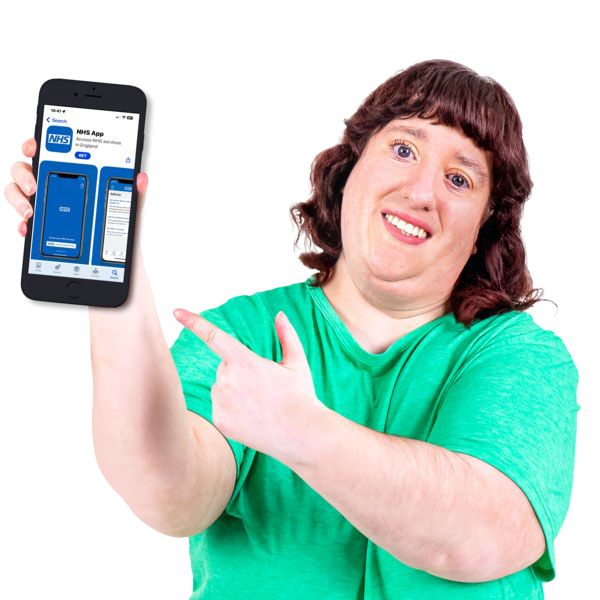
Niektórzy twierdzą, że informacje w mediach społecznościowych są przydatne i pomagają im podejmować decyzje.
Uzyskiwanie informacji od innych osób
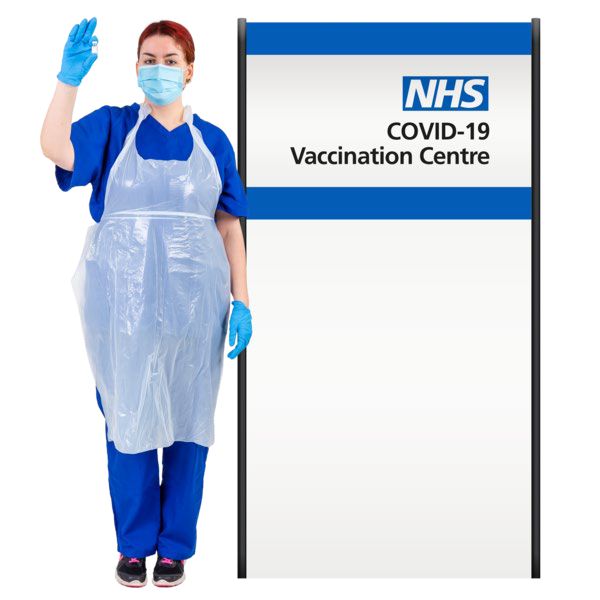
Ludzie otrzymali dobre informacje od:
- pracownicy służby zdrowia, tacy jak lekarze i położne
- centra szczepień

- grupy wsparcia
- wspólnoty wiary
- przyjaciele i rodzina
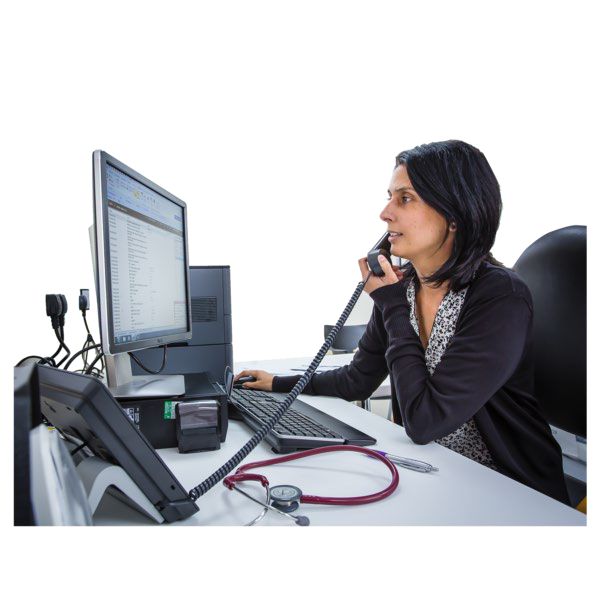
Niektórzy chcieli uzyskać więcej informacji od swojego lekarza rodzinnego.
Niektórzy ludzie powiedzieli nam, że ich rodziny próbowały namówić ich do zaszczepienia się lub nie.
Osoby, które zdecydowały się na szczepienie, powiedziały nam:
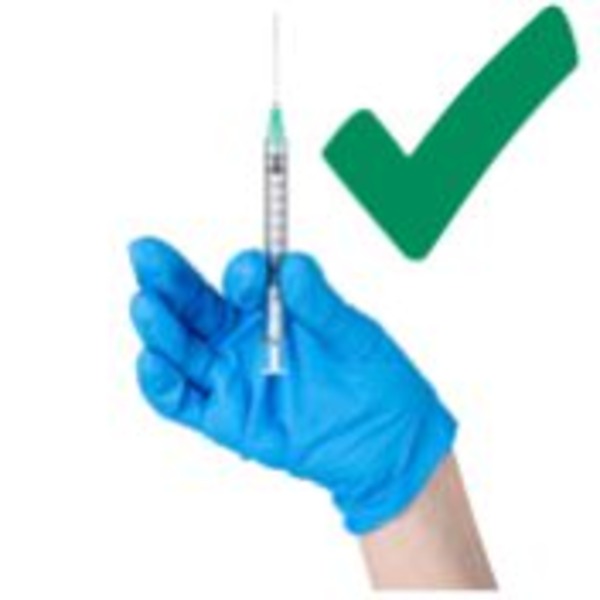
- zakładali, że to zrobią, więc nie wydawało się to decyzją
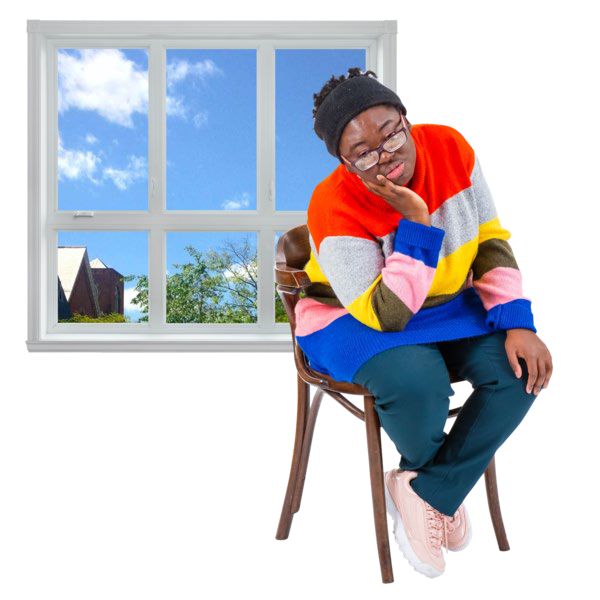
- dało im to nadzieję na zakończenie lockdownu

- chcieli się uchronić przed poważną chorobą
- ufali ludziom takim jak naukowcy, lekarze i politycy
- niektórzy ludzie uważali, że muszą się zaszczepić, ze względu na presję ze strony społeczeństwa
Powody, dla których ludzie decydowali się nie szczepić lub nie byli pewni:
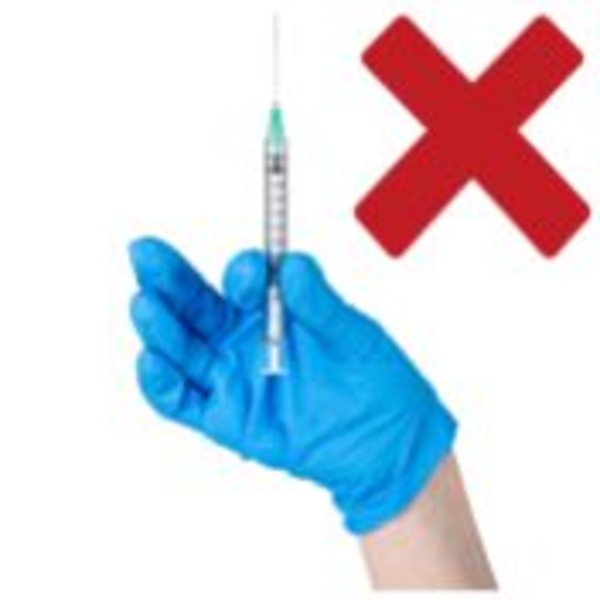
- martwię się, czy szczepionka jest bezpieczna
- za mało informacji o skutkach szczepionki w przyszłości
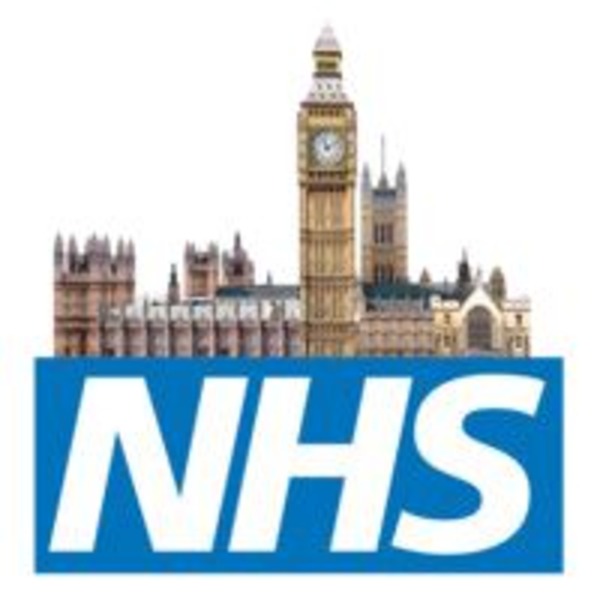
- jeśli ludzie doświadczyli rasizmu i dyskryminacji przed pandemią, nie ufali przekazom rządu ani NHS

- uważali, że nie potrzebują szczepionki, ponieważ nie było ryzyka, że zachorują bardzo źle
Dostarczanie szczepionek ludziom
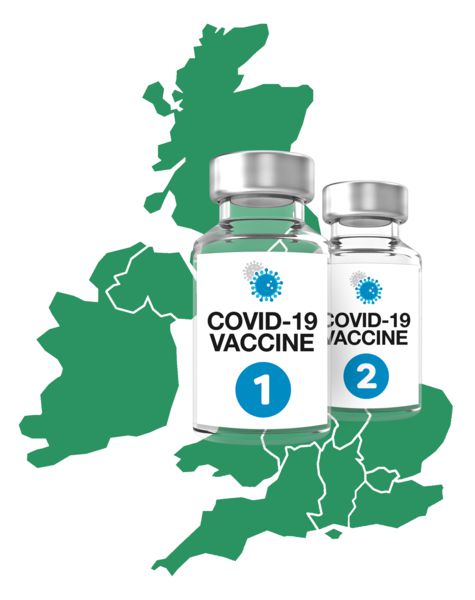
Ludzie, którzy najbardziej potrzebowali szczepionki, dostali ją jako pierwsi. Ludzie mówili nam, że uważają to za sprawiedliwe.
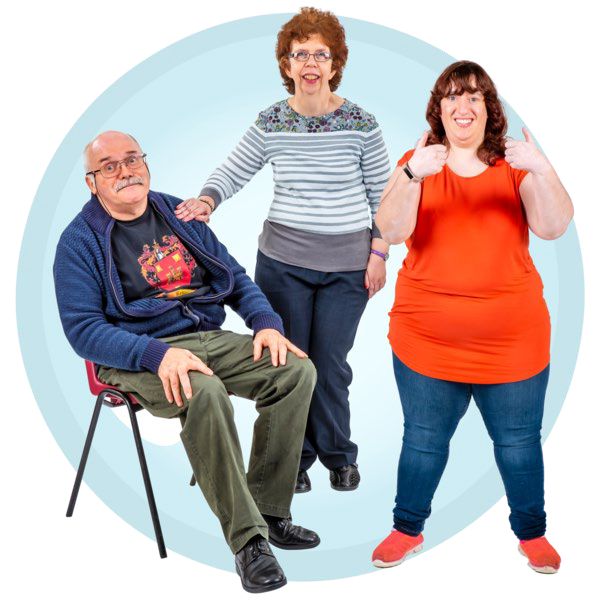
Niektórzy uważali, że niektóre grupy ludzi powinny zostać zaszczepione szybciej.
Na przykład osoby mieszkające z osobą narażoną na poważne ryzyko zachorowania.
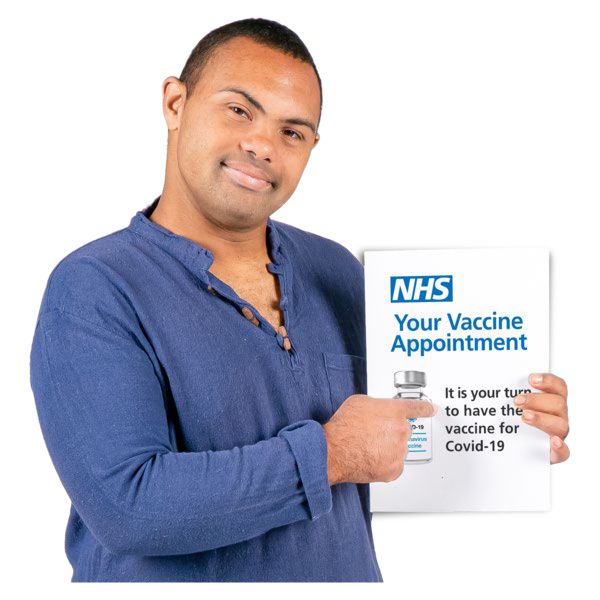
System rezerwacji był dobry.
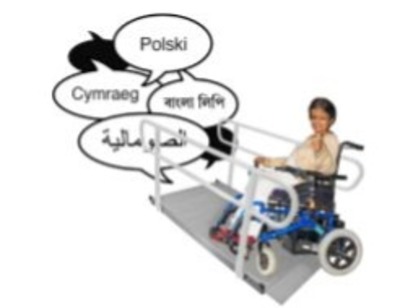
Mógłby być bardziej przystępny i zawierać informacje o dodatkowej pomocy w punktach szczepień.
Po pierwszej szczepionce

Wiele osób odczuwało podekscytowanie i nadzieję na powrót życia do normy.
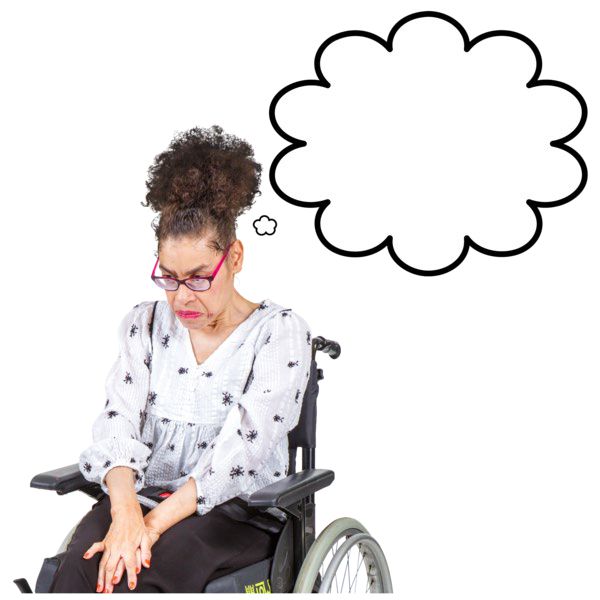
Niektórzy ludzie odczuwali żal lub strach. Często wynikało to z tego, że czuli, że zostali zmuszeni do przyjęcia szczepionki.
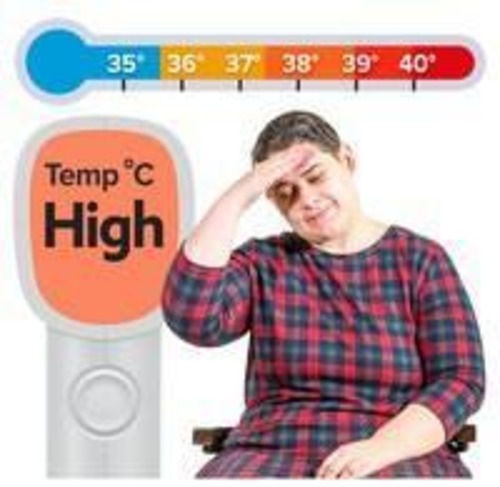
Niektórzy odczuwali skutki uboczne, takie jak ból ramienia, ból i gorączka.
Niektórzy ludzie mieli bardzo poważne skutki uboczne i musieli iść do szpitala. Niektórzy z tych ludzi czuli się sfrustrowani, źli i ignorowani.
Lecznictwo

Osobom najbardziej narażonym na ciężkie zachorowanie na COVID-19 podawano leki.

Ludzie słyszeli o terapii od NHS, Głównego Lekarza i grup wsparcia.
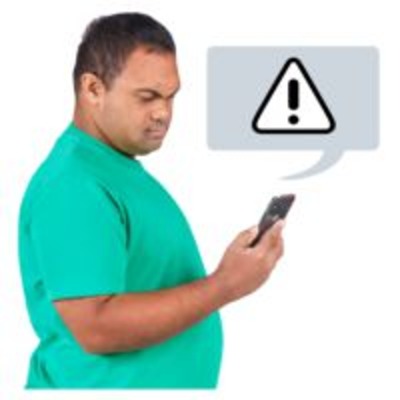
Niektóre osoby zostały skontaktowane przez Test and Trace.
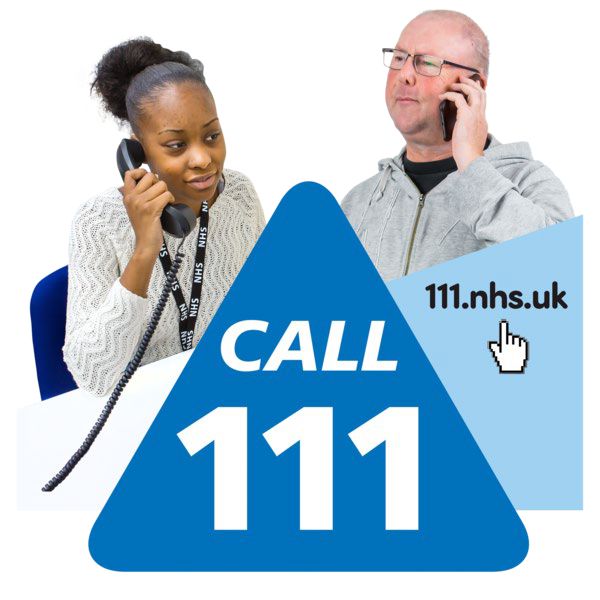
Niektórzy ludzie skontaktowali się z NHS 111.
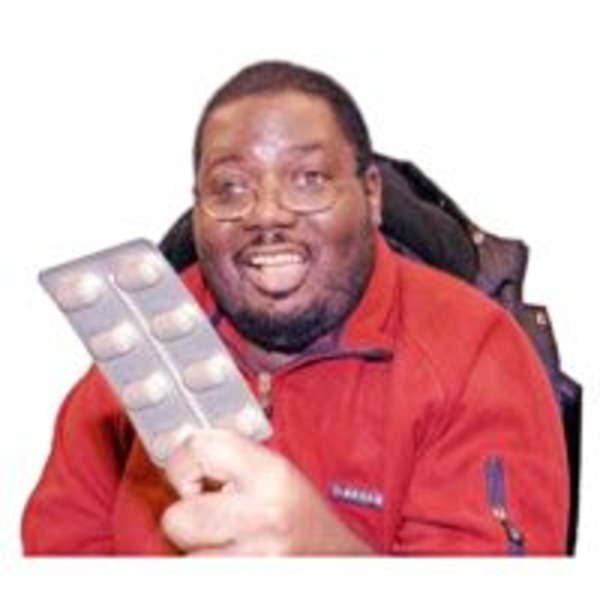
Leki często pomagały ludziom poczuć się lepiej.
Niektórzy byli zdezorientowani, jak je zdobyć i kto mógł je mieć. W różnych miejscach były różne informacje.
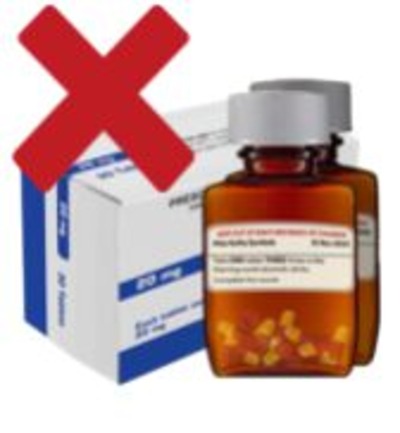
Niektórzy ludzie powiedzieli, że nie otrzymali leczenia, ale osobom w podobnych sytuacjach udzielono leczenia. To sprawiło, że czuli się sfrustrowani i źli.
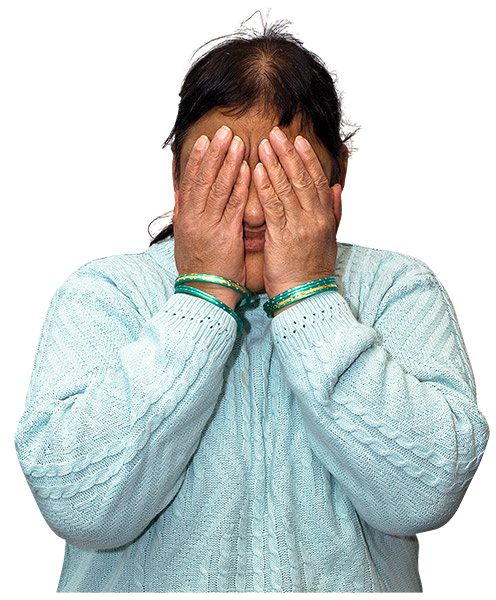
Osoby, którym nie udzielono leczenia, odczuwały strach przed tym, co może się wydarzyć.
Opowiedz swoją historię
Możesz podzielić się swoimi doświadczeniami na 3 sposoby:
Nasza strona internetowa
Wydarzenia
Organizujemy wydarzenia w miastach na terenie Wielkiej Brytanii.
Badania
Prowadzimy badania na wybranych grupach ludzi.
Dziękujemy za przeczytanie naszego raportu.
